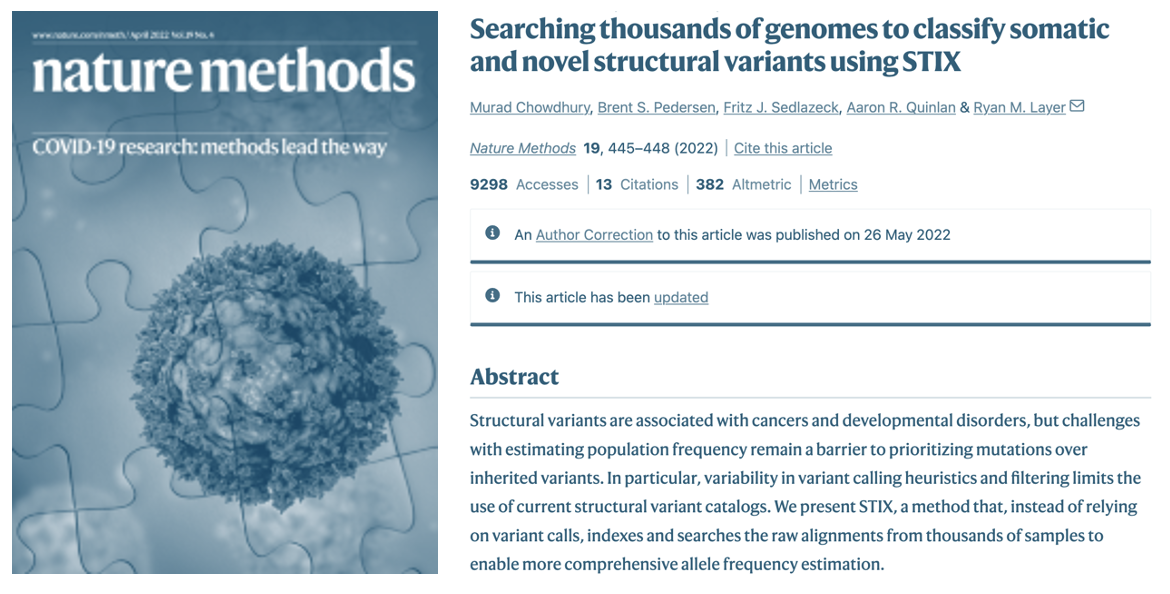It began with a simple realization: DNA writing and DNA reading have advanced exponentially—yet variant interpretation has remained painfully linear.
Codebreaker changes that. We’ve built the first platform that unites these exponential tools into a closed-loop system for causal genomics. Using high-throughput DNA synthesis and next-generation CRISPR technologies, we program thousands of variants directly into living human cells. With single-cell assays to deeply profile cellular phenotypes, we establish a direct link between genotype and function.
The result is a breakthrough in scale, speed, and resolution: a continuously growing Codex of Variant Profiles. This next-generation dataset transforms variant interpretation, powering biologically grounded AI that accelerates diagnostics, drug discovery, and beyond.
-

Design
We start by identifying clinically interesting variants and their genes using public and proprietary databases. Computational tools then help highlight additional regions likely to affect function. Gene-expression is then evaluated across relevant cell types. After several additional filtering steps, we, design libraries for saturation mutagenesis around targeted variant sites.
-

Build
We begin by selecting a relevant experimental cell line—such as primary T-cells —based on the biological context of the target gene(s). We then synthesize at scale DNA constructs that serve as repair templates for optimal CRISPR cut sites. Using proprietary methods and materials, we prepare editing constructs, introduce them into the selected cell line, and recover and store the resulting cell libraries for downstream phenotypic profiling.
-

Test
Since our proprietary Build methods are ultra-efficient, our downstream profiling is entirely single-cell based, allowing us to fingerprint the phenotypic consequences of each variant at high resolution. We use growth-based selection as well as single-cell omics—to capture how each variant alters cellular behavior. This enables the creation of experimentally validated maps (our proprietary Codex of Variant Profiles) that reveal even subtle functional effects, providing insights that bulk assays cannot resolve.
-

Execute
We apply machine learning and advanced AI techniques to map variants of unknown significance (VUS) onto those with known, well-characterized functional outcomes (e.g. pathogenicity).. Using both supervised and unsupervised methods, we generate embeddings of variant-associated phenotypes that enable quantitative comparisons across our dataset. This allows us to infer functional consequences for VUS by placing them in the context of biologically validated neighbors within a high-dimensional phenotypic space
foundational science and innovation
The work behind Codebreaker builds on more than a decade of pioneering advances in genome engineering, synthetic biology, and computational genomics. Our founding team has published multiple landmark studies in leading journals (several of which are highlighted below), setting the stage for high-throughput variant mapping and causal genomics.
Beyond the academic record, we also drove many commercial innovations —including technologies such as MAD7 and the Onyx platform, both named to The Scientist’s Innovation of the Year lists, as well as the STAR-CRISPR platform. These award-winning tools, though not always published, further highlight the team’s track record of turning breakthrough ideas into real-world impact.






